Overlanding is booming in popularity, largely because people yearn for knowledge and adventure. Perhaps more folks are wanting to get away from the city madness!
Whatever the reason, overlanding gives you an opportunity to explore the world and learn from it. But what is overlanding?
We are enthusiasts of overlanding, and we want to share the humble knowledge we have gained on this subject.
It is our hope by so doing we can help you explore the world and learn from it. What is overlanding and where is it coming from?
What is Overlanding? – The Definition
Overlanding is vehicle-dependent travel, where the main goal is the journey itself, not the destination.
It often involves off-road capable vehicles where travelers can discover remote trails and areas that are less frequently visited.
Overlanders usually enjoy off-grid camping and try to be self-sustained for an extended period of time.
Do you agree with this definition of what overlanding is? Comment below!
In this article series, we highlight the origins and history of overlanding, bucket list-worthy routes, basic gear, and skill requirements.
We hope, over time, to accumulate and share knowledge on every aspect of this awesome way of travel and adventure.
What Is Overlanding And Where Did It Originate
If we would like to define Overlanding, we need to look at the different types of vehicle-assisted travel.
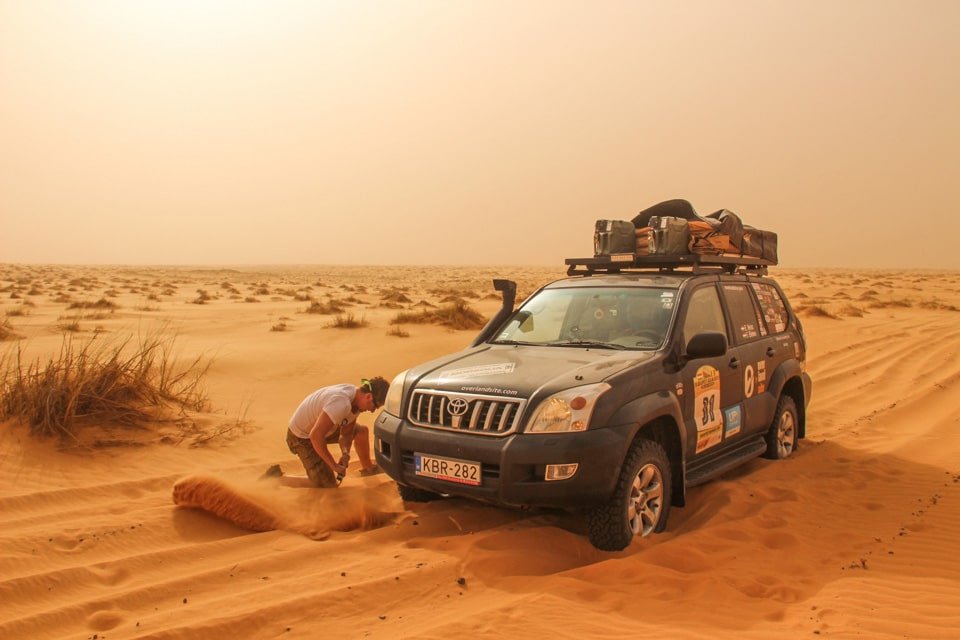
Off-roading vs. Overlanding
Overlanding vs Off-Roading
Overlanding is often confused with off-roading. Off-roading is a type of adventure that takes place on un-surfaced roads or no roads at all. It is different from overlanding where the type of road is not an issue.
Overlanding often takes you through rough terrains and off-road trails, but tackling a steep hill that resembles a wall is not a primary objective when overlanding. Overlanding can go straight through cities as well.
Overlanding vs Road-Tripping
You might say then, that overland travel is just another word for a road trip. Well, the main difference is that a road trip has a destination, whereas overlanding is about the journey itself. Besides that, the primary mode of accommodation for overlanders is camping with all of its fun and challenge.
As we’ve mentioned, Overlanding is definitely a growing trend. This style of self-reliant travel entails using usually an off-road vehicle or a van to cover a long distance, typically in a remote area.
Click here for the German version of this article (Deutsche fassung: Was ist Overlanding?)
More emphasis is placed on the journey and taking in the landscape rather than any destination. It opens up a world of opportunities for those who love to discover the planet on their terms and at their own pace.
Overlanding may not be for everyone, however, the opportunity to make unforgettable memories are unrivaled.
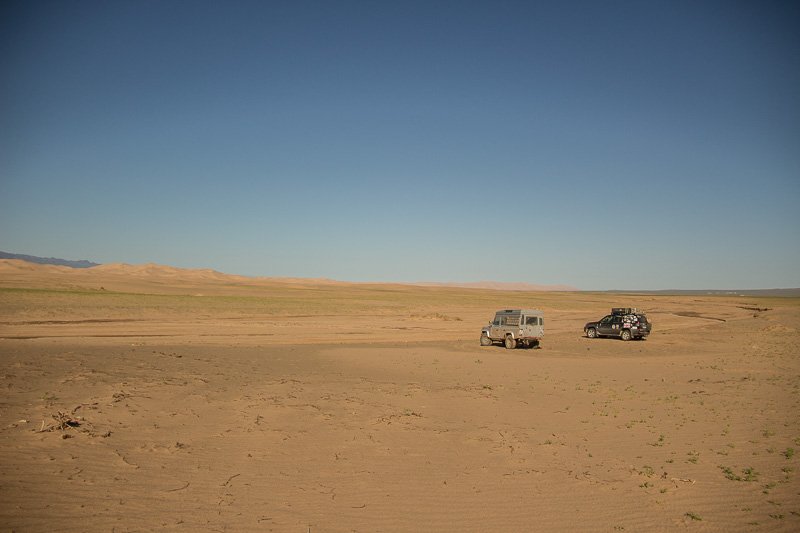
Overlanding vs Camping
Overlanding and camping are often used interchangeably with one another, and while there are many similarities between the two, the main difference is that camping focuses on the destination whereas overlanding is about the journey itself.
Further differences are the level of planning and the gear that one needs to take on the trip. Overlanding often involves crossing state or international borders, therefore usually a lot more preparation is needed.
Overlanders, in addition to their camping gear, need to prepare their vehicles for tougher use, perhaps in remote areas. Recovery and repair gear is essential for an overland lifestyle. This is where overlanding differs the most from a camping trip. Overlanders often choose rooftop tents, as they might find themselves camping in rugged areas where using a ground tent would prove to be difficult.
Car camping and overlanding are both amazing ways to discover the great outdoors and to spend quality time with friends and family. A line doesn’t need to be drawn in between the two to create exact definitions. They definitely have overlapping attributes.
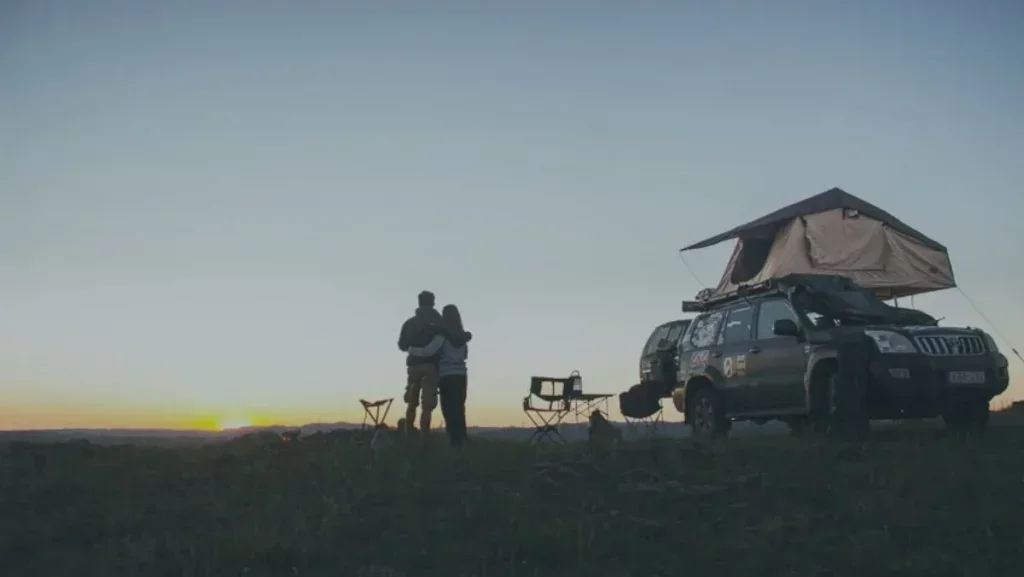
Who is Overlanding For?
The term Overlanding seems to have originated in Australia and referred to driving cattle long distances across the Outback. Later, road construction crews used it as they opened up the vast landscapes that characterize the Australian wilderness. More on this later…
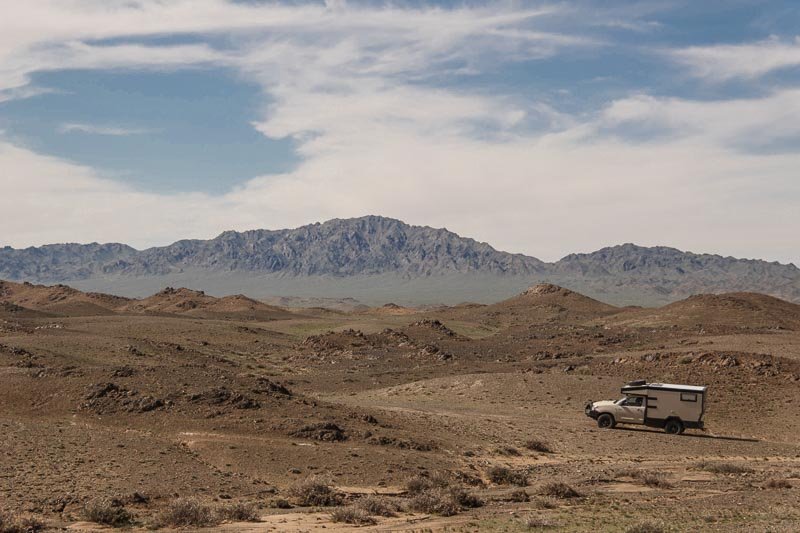
Today, serious overlanders, armed with some serious gear have taken this concept to an entirely new level. It is quite common to have people overlanding for weeks, months or even years in some remote regions of the world.
One of the most common misconceptions about overlanding is that you have to be young, child-free, and in the sort of peak physical shape of a mountain climber.
This is, in fact, not true; overlanding can be a family adventure for people of any age or almost any fitness level.
Provided you are willing to occasionally dig your vehicle out of a hole, and you of course probably need to have at least a mild attraction to the great outdoors. There are quite a few things to learn if you want to start overlanding, but you can do it gradually by gaining experience on every trip.
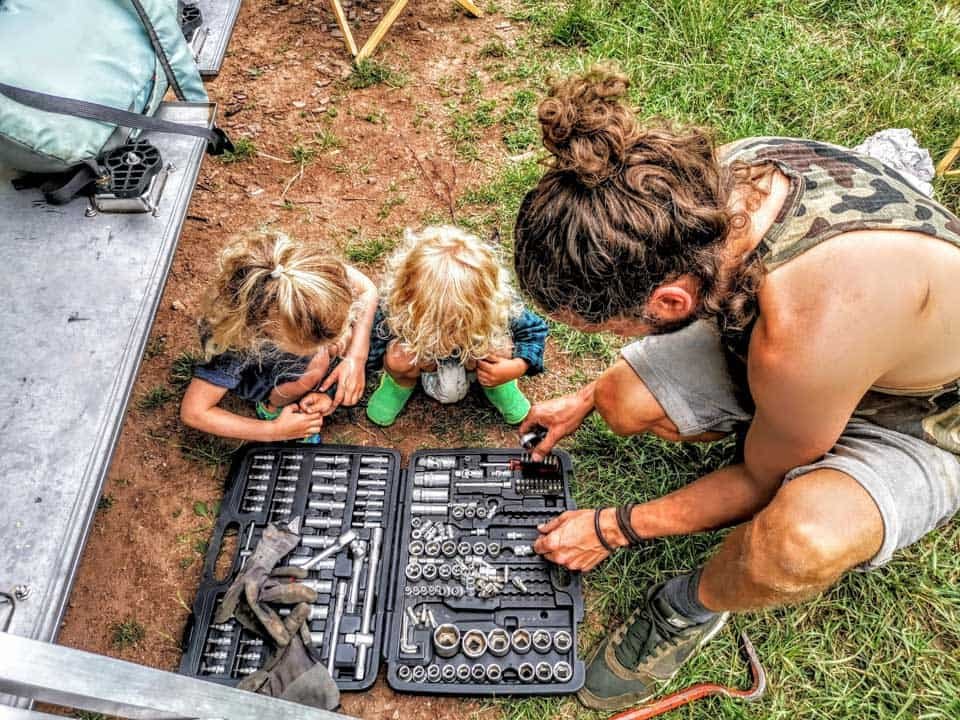
Additionally, some people may think that overlanding means they will have to disconnect from their electronic devices and be forced to live like a nomad for weeks.
If you genuinely require your tools for work while overlanding, it’s become easier to utilize your devices whilst on the road. With advances in battery technology, you can bring enough juice with you to power your devices.
However, overlanding doesn’t need to be defined in a rigid way. The most important part is that you make a decision to get out there and start exploring!
Read Part II of this article series: History of Overlanding >>>
Please let us know what do you think by adding a comment below and perhaps check out the Infographic

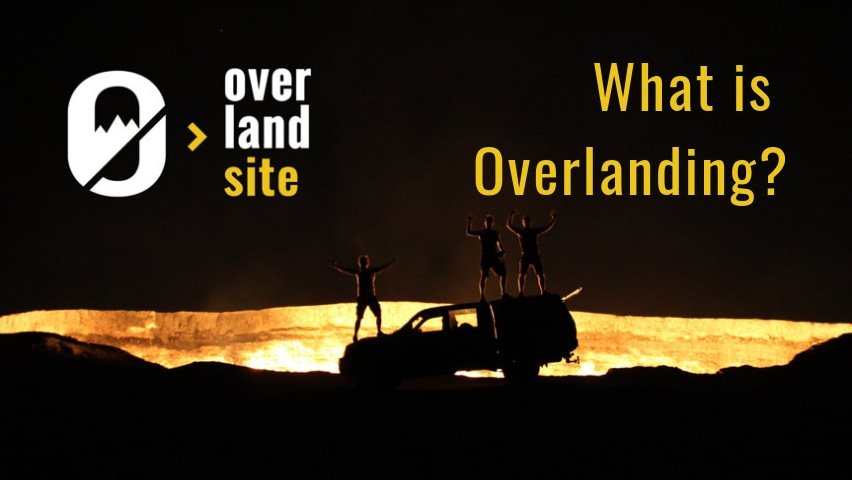



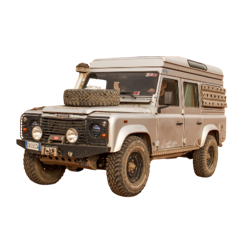
Definitely sounds interesting, spontaneous and fun!
Lindsey I totally agree. There is a lot of spontaneity in the fact that when you’re overlanding, you’re totally independent and can decide on the road where you’re headed. No specific plans are needed!
I’m just coming in contact with overlanding,I know I have undertaken journeys like this but I didn’t just know the name. overlanding was well detailed here.
So have you started overlanding yet?
I want to experience this thing. It sounds fun
You just have to start it. It doesn’t matter what you drive, you can use your daily driver, just get out there and start it.
Wow!!…I have never heard of overlanding before but i like the sound of it…it looks dangerous though but its a way to have fun and experience some new places and create new memories..
You need to be careful, but just with anything else. If you take the necessary precautions and you’re prepared, it’s not more dangerous than a walk in the park.
Thanks – This makes me curious and at the same time thirst for an adventure.
What was the best adventure you’ve ever done?
Sounds like an adventure. I would love to experience this even just once.
This sounds like a lot of fun. I will definitely add overlanding to my bucket list.
Make sure you do. Overlanding is very addictive! But in a good way.
Overlanding is one of those expensive hobbies to have. That notwithstanding I think it’s much more fun than most of the other hobbies out there.
How expensive it is will depend on you. We know a family who’s been travelling since 2006 on $600 a month! I would say that’s very cheap.
Australia is the perfect country for this kind of activity. The terrain there is very dynamic and vast!
Oliver I totally agree. I’ve done two major road trips in Australia before, but have yet to do a proper overlanding trip around the country. I can’t wait!
Some of the vehicles ideal for overlanding look so strong and tough. I would bet they don’t come cheap!
Some of them don’t, but as I mentioned, it doesn’t matter what you drive. You need to get out there, discover it yourself, what works best for you. You don’t need to spend too much money upfront. Buy your gear and equip your vehicle step-by-step for overlanding.
This hobby seems very much like what we used to call a “camping trip”. It seems like it is for guys who just wanted to build their vehicles to look a certain way, so the fad began.
Thank you for your comment but I have to disagree. Overlanding is a lot more complex with problem solving, technical skills and challenging situations both with the vehicle or for example border crossings, water management, budget, off-roading routes, etc. the list goes on and on. If you’re driving from Alaska to Argentina, you wouldn’t say to your friend’s “I’m just going camping”, would you?
I’ve only been overlanding for about a year and a half before the pandemic. And this makes me think that I’m still such a newbie when it comes to the most effective customization. But I guess it really does depend on what type of overlanding you usually do that determines what type of vehicle you’d be using.
Awesome, in-depth article! I love that you touch on how the growth of technology and remote work has accelerated the overland trend.